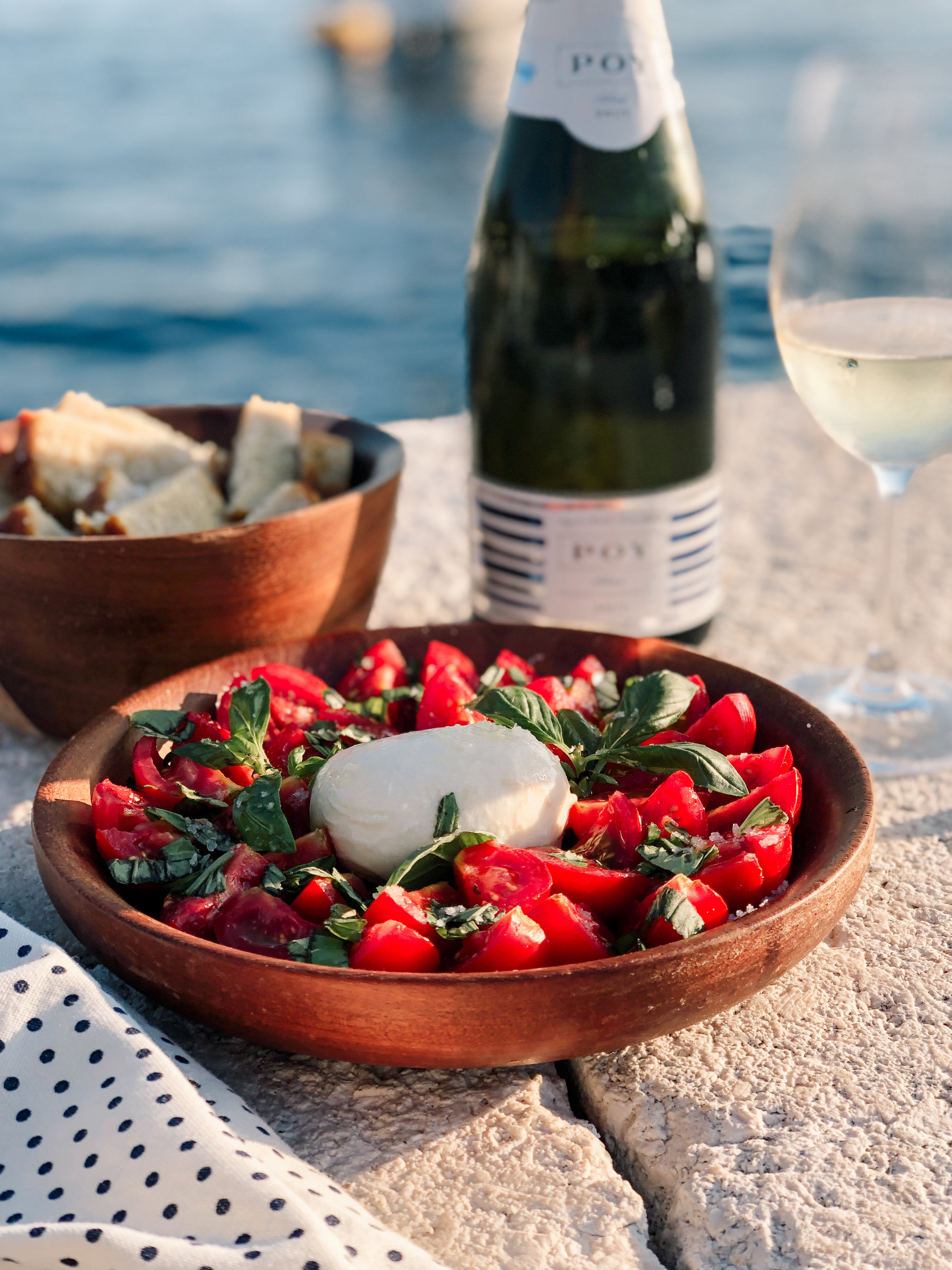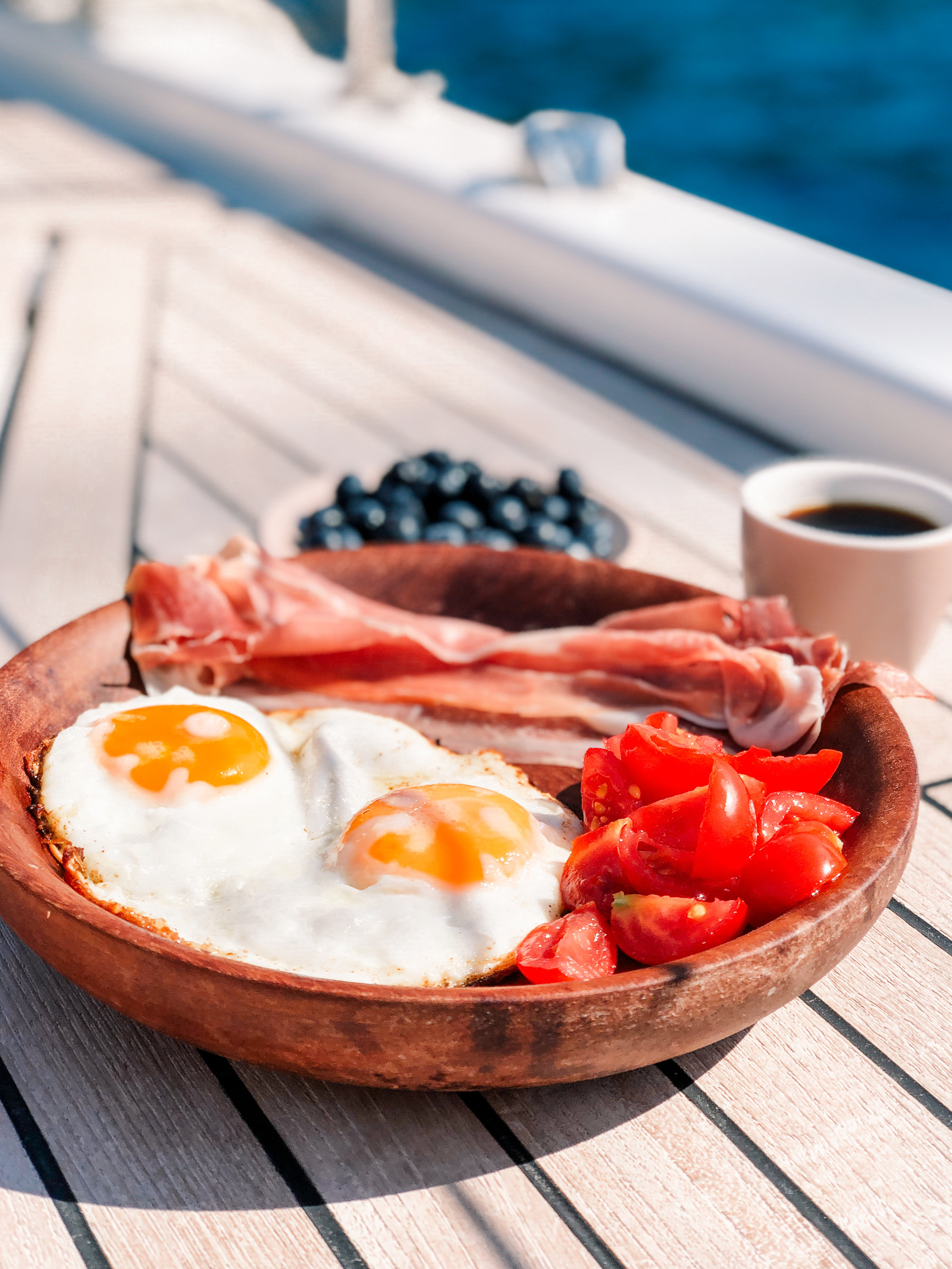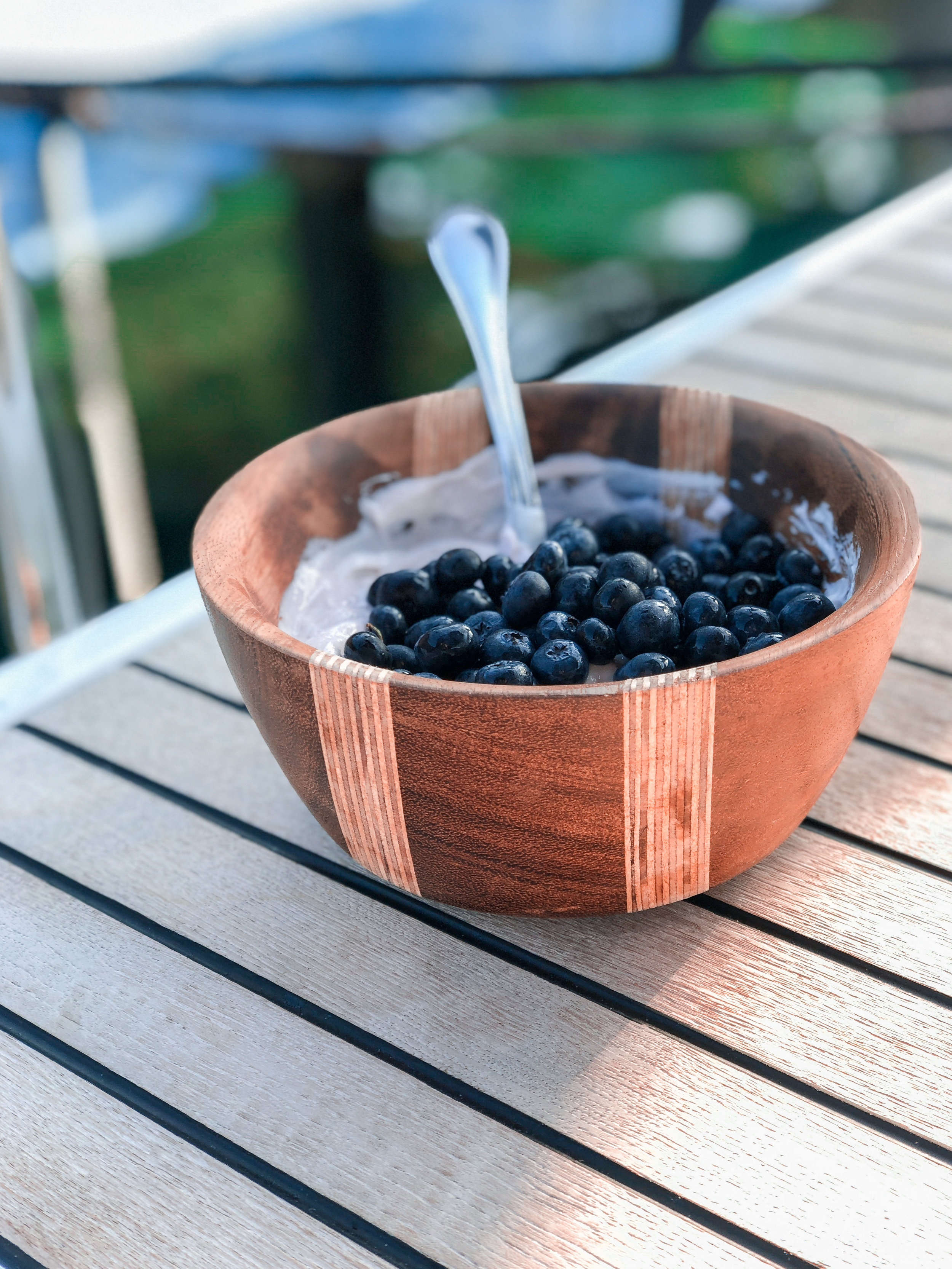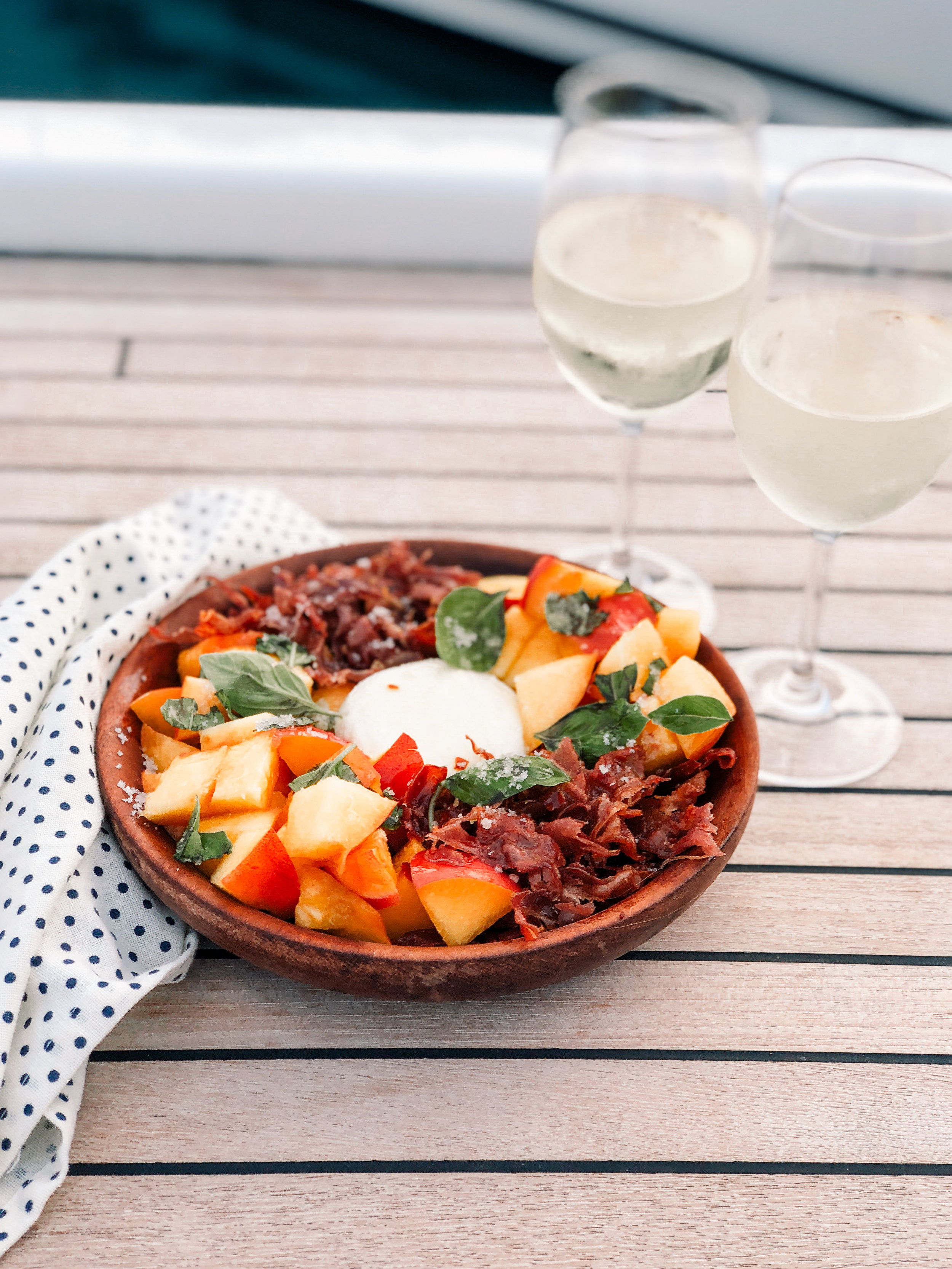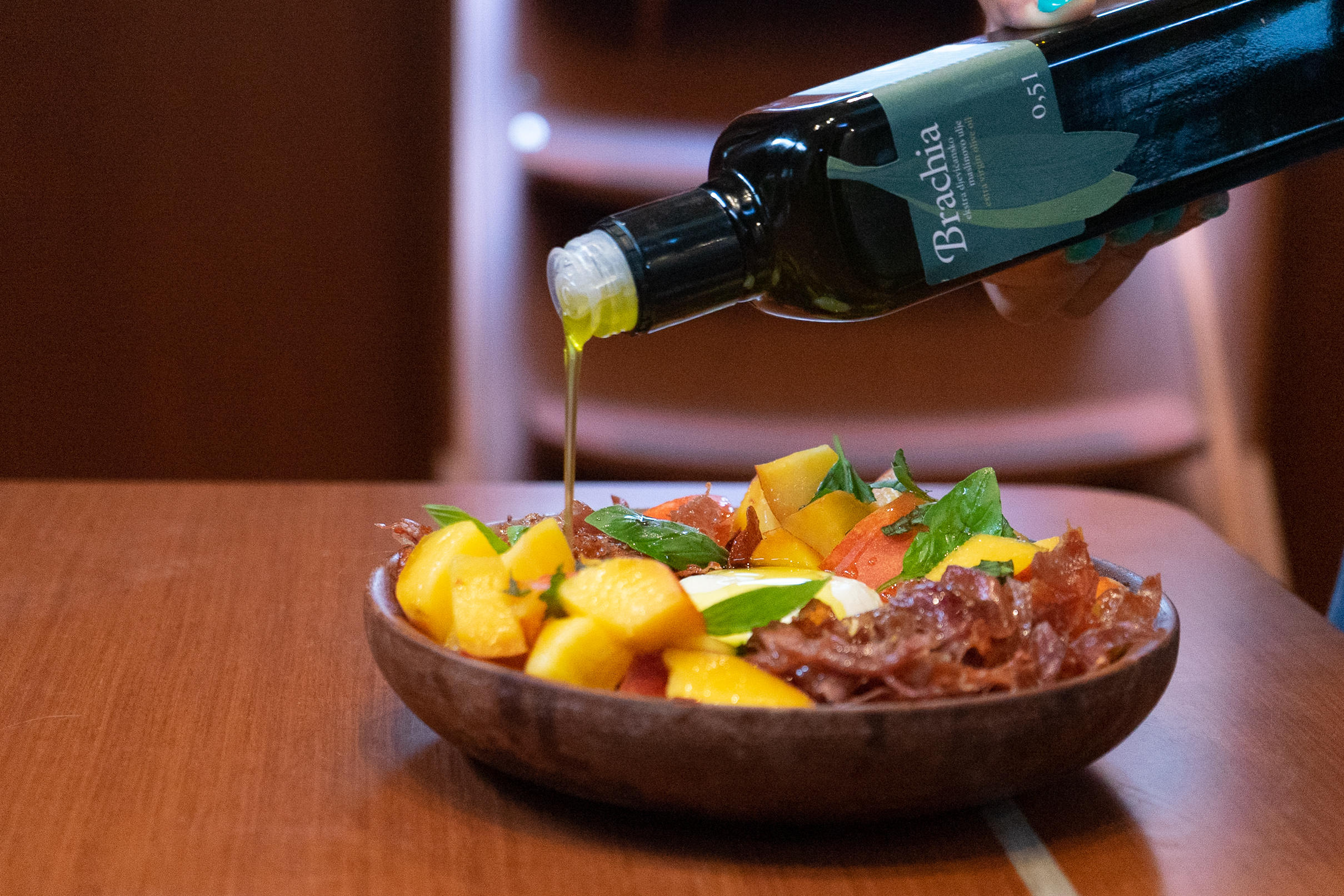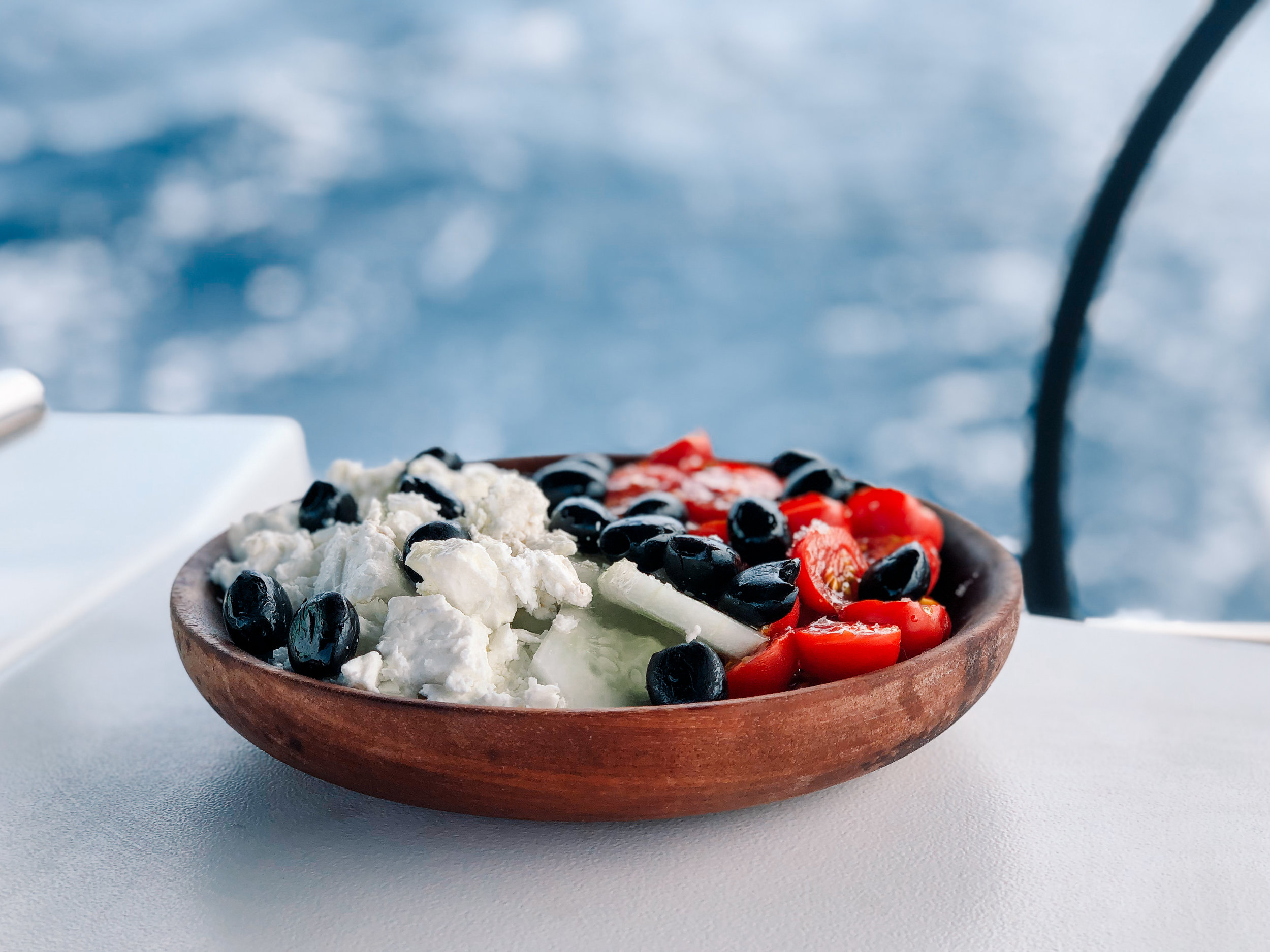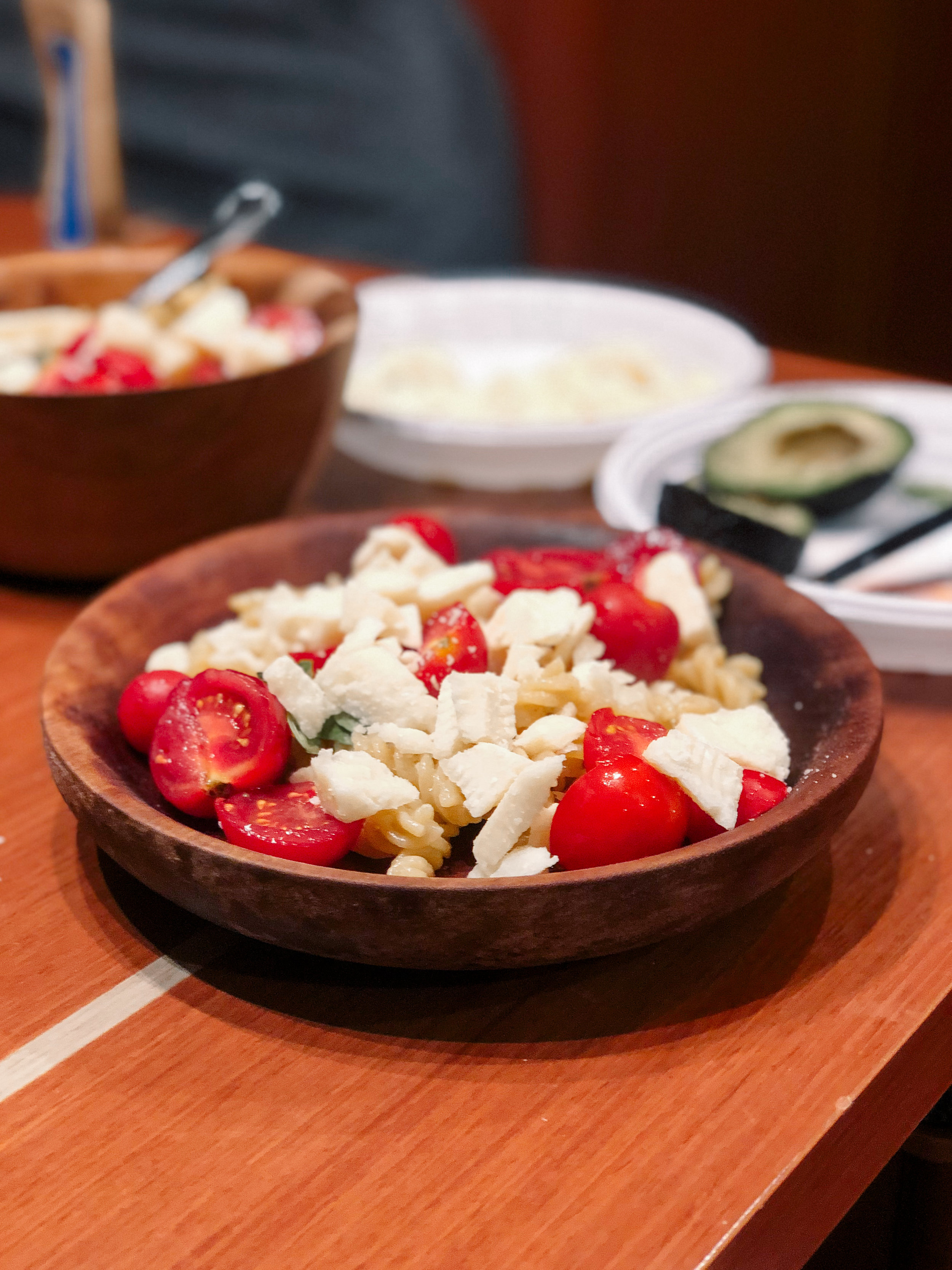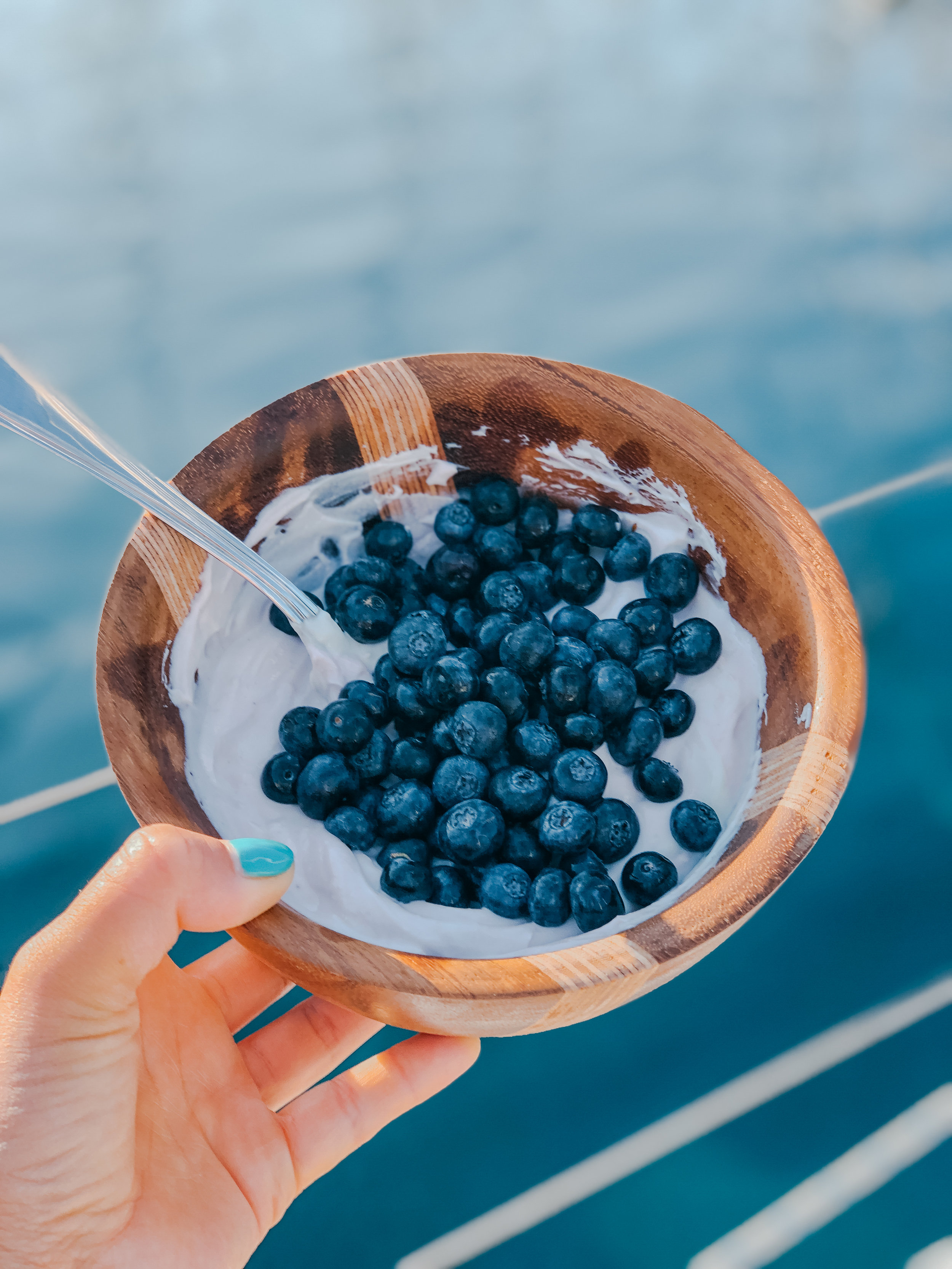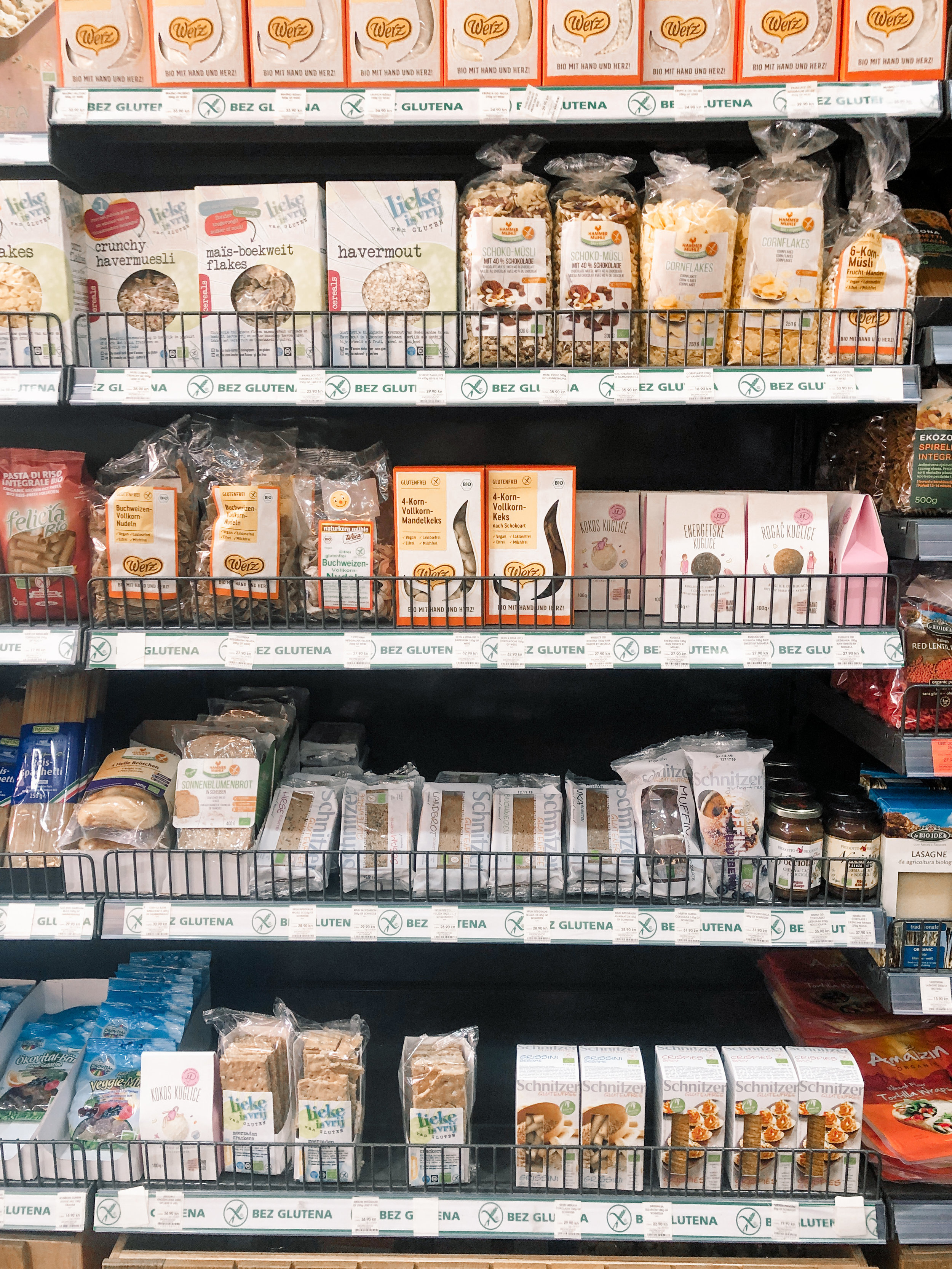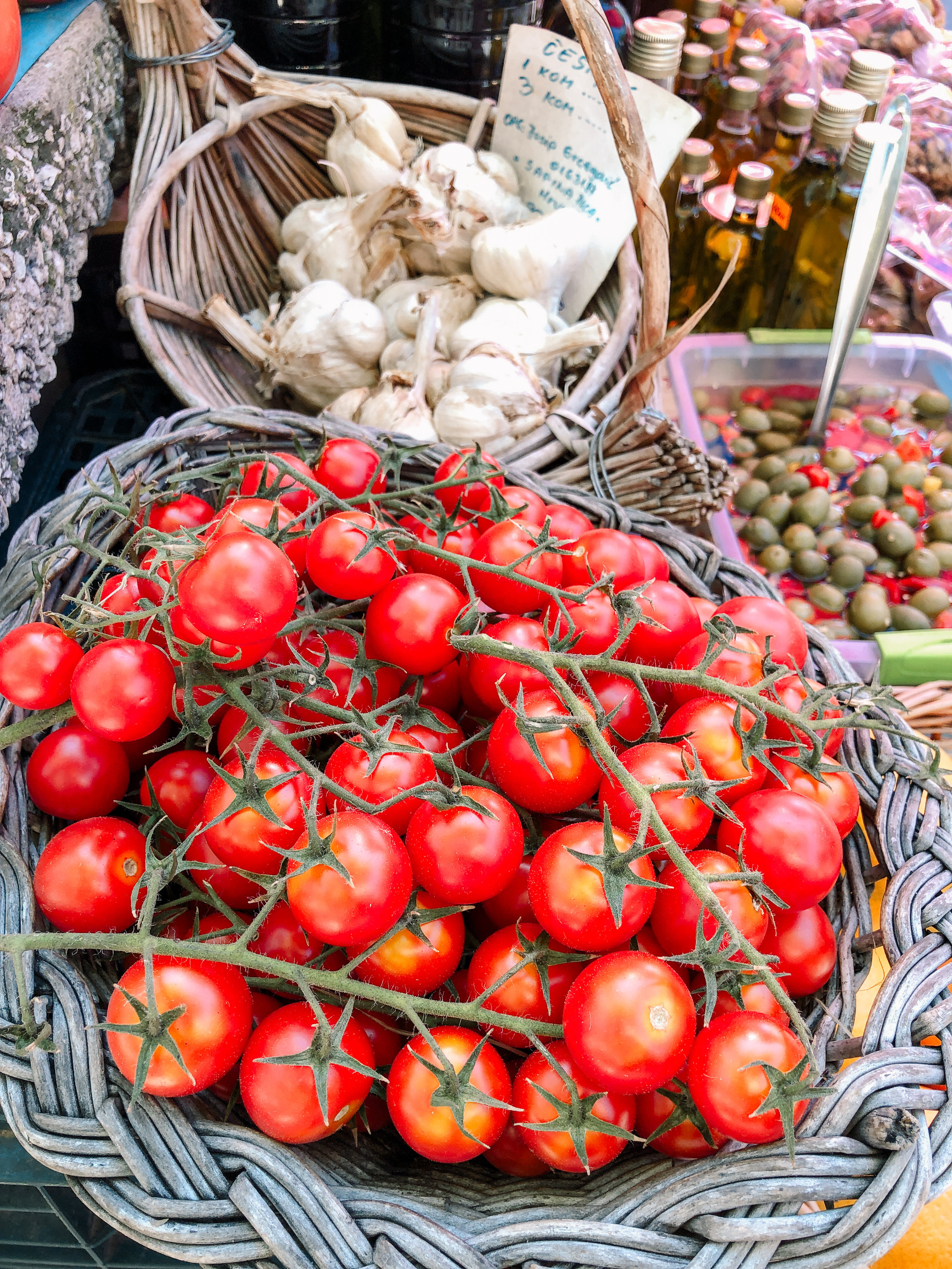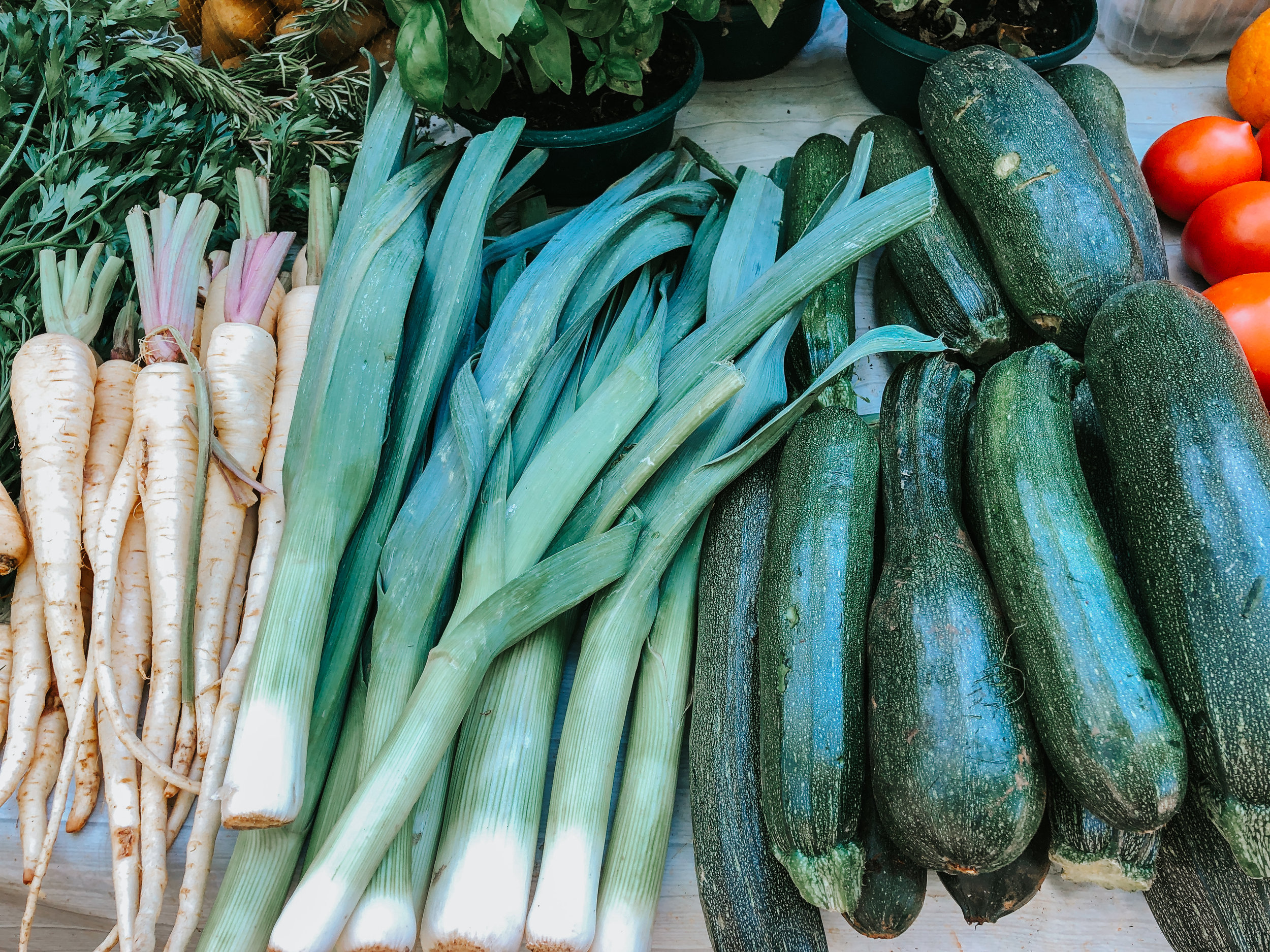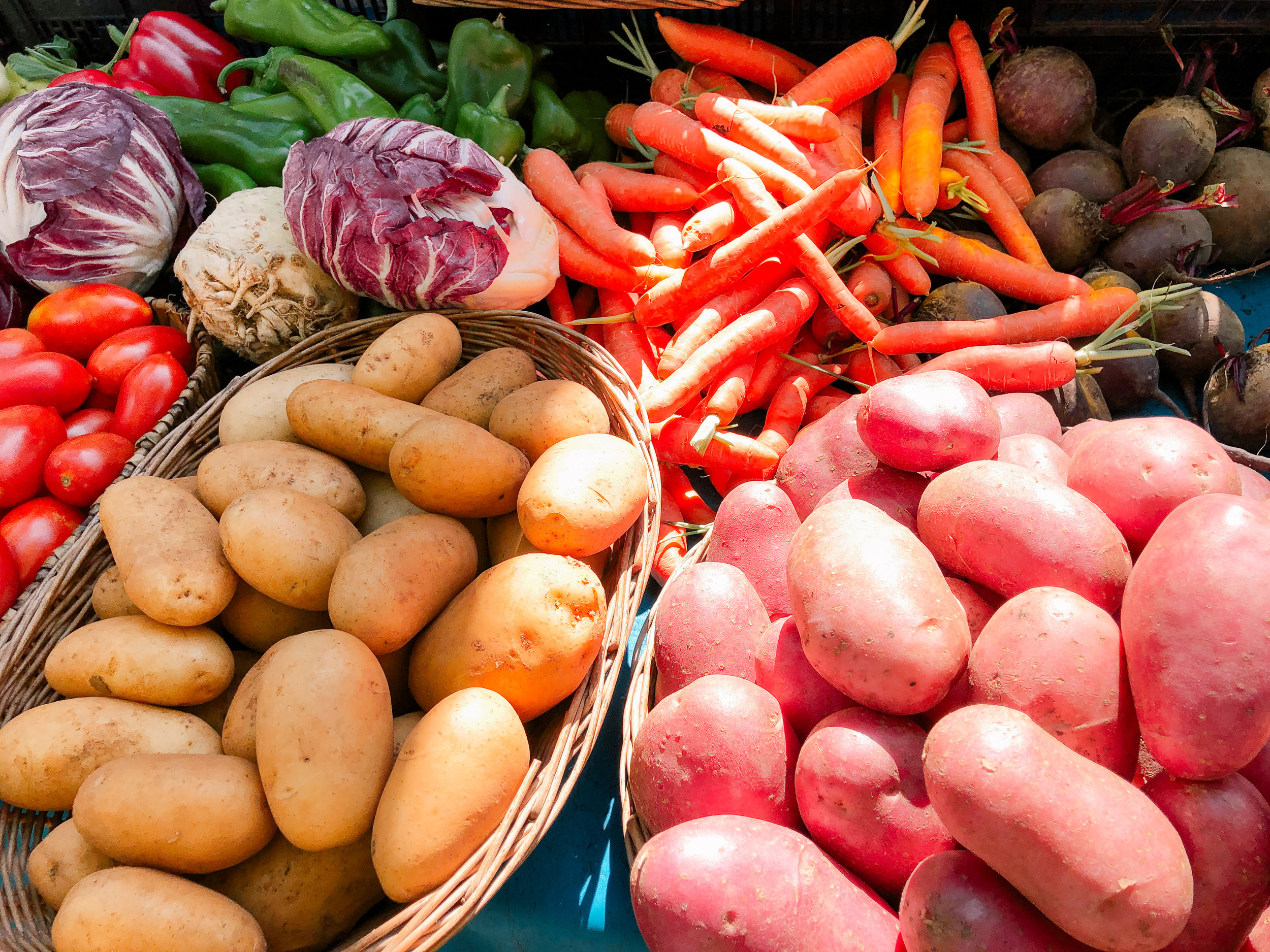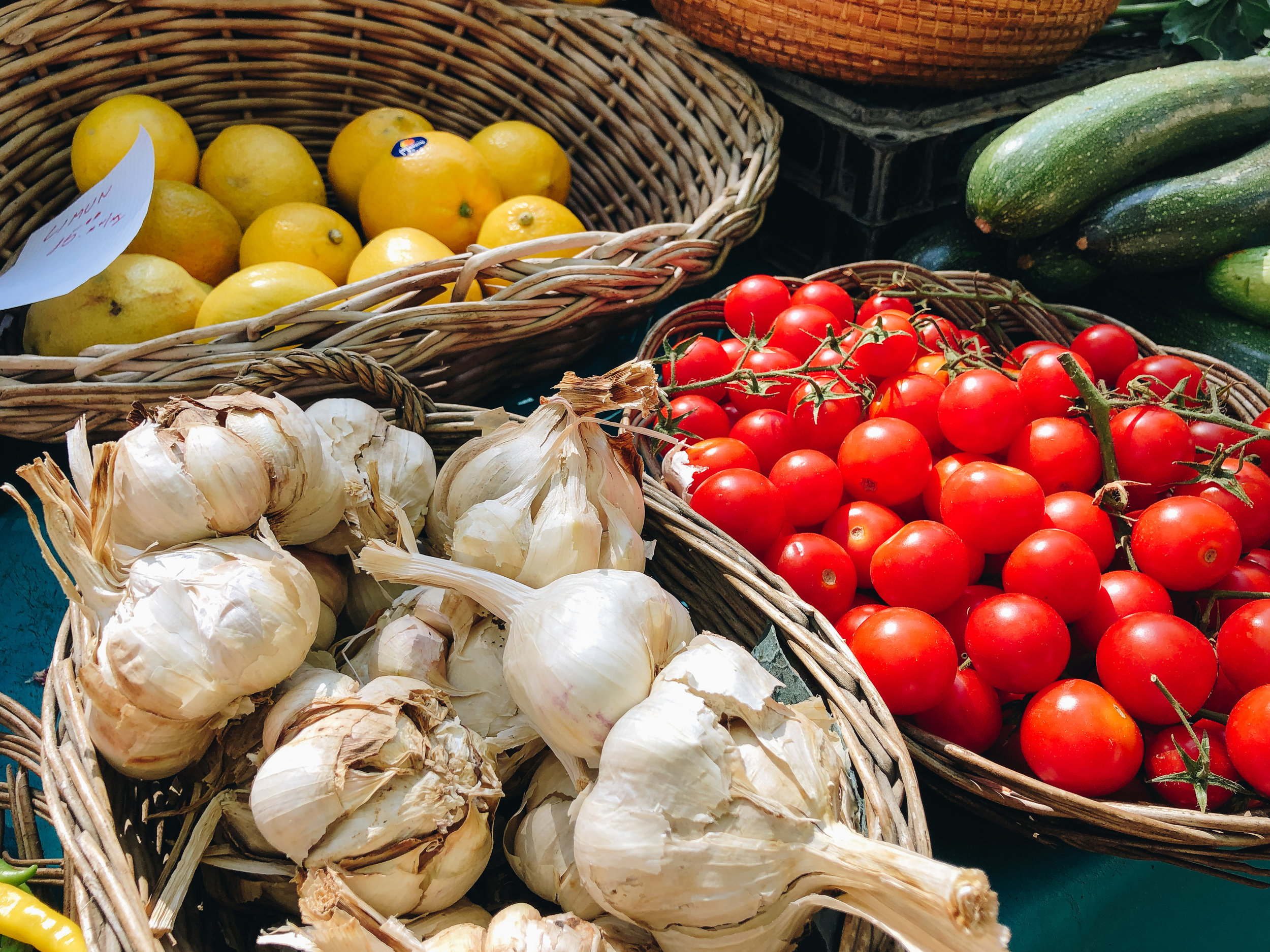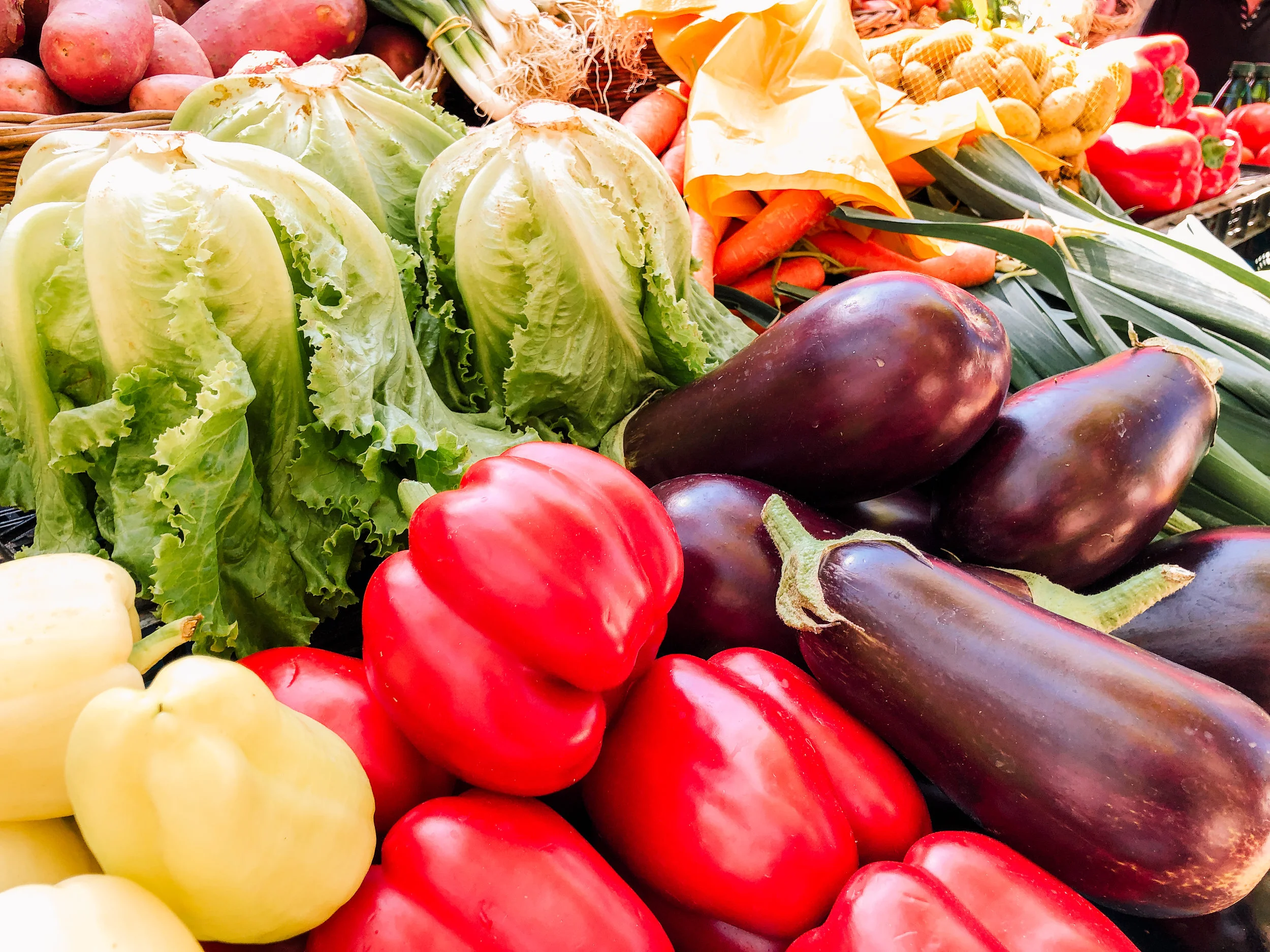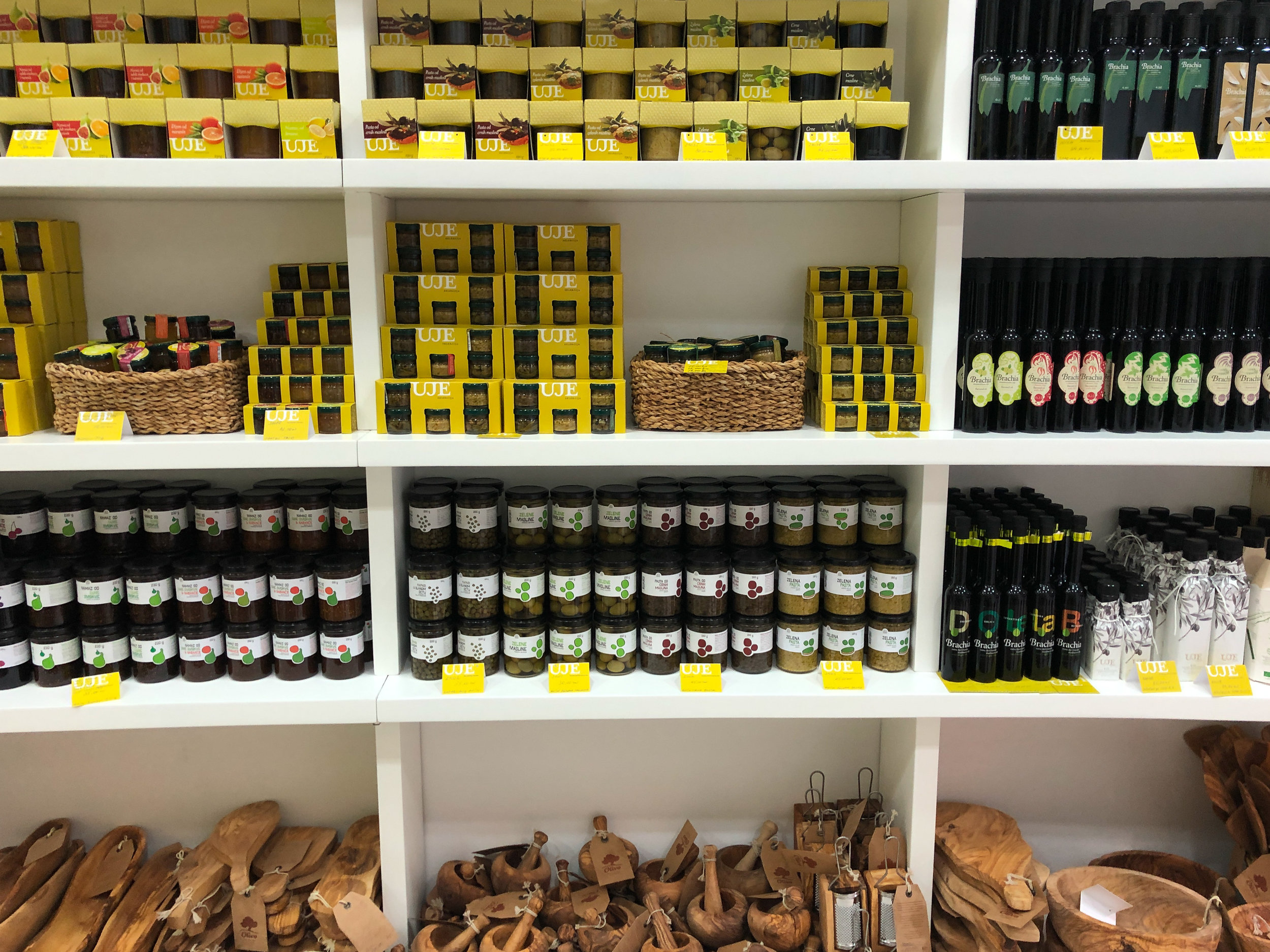Tips To Eat Gluten Free In Croatia
/Dining gluten free in Croatia was a bit of a challenge as a celiac, but with a little research and asking the right questions, I found it could be done. Fortunately, most Croatian food is abundant and naturally gluten free—think seafood, risotto, salads and fresh veggies. However, one area that is not addressed is the high risk of cross contamination, as I think most restaurants aren’t keen to the concept. Don’t let this factor discourage you, because I’ve got you covered with my tips for eating gluten free in Croatia.
Tips For Eating Gluten Free In Croatia
The first thing I do when traveling to a new location is locate all the gluten free restaurants as a starting point. From my research, I was disappointed at the lack of 100% dedicated gluten free restaurants in Croatia. But I pressed on with my search by finding the most celiac-friendly places via Find Me Gluten Free.
Find Gluten Free Menus and Items
Next, you’ll want to eat at restaurants that clearly distinguish which items are marked gluten free, and even better if they have a separate gluten free menu. With these markings, you’ll have peace of mind knowing that they understand and acknowledge that gluten is an allergy for some people. Otherwise, asking about gluten free options without any sort of clue that the restaurant caters to gluten free diners will grant you more deer-in-the-headlight-looks than actual helpful information.
Choose High-End Restaurants
To fine tune your dining search, it’s helpful to eat at higher end restaurants that tend to be more aware, progressive and capable of accommodating dietary restrictions. You’ll find that these restaurants will likely be more experienced at catering to tourists requesting gluten free food.
Avoid Gluten-Filled Menus
Also, try to avoid restaurants with menus stacked with glutenous foods, i.e. pizzerias, pastas, etc. Avoiding these types of establishments will help you avoid cross contamination with gluten-filled dishes.
Ask About The Bread
Once you’ve decided on a place to eat, be sure to confirm with the waitstaff that your bread is gluten free. I can’t tell you how many restaurants brought out bread that wasn’t gluten free after I was explicit about being celiac. When I asked if the bread was gluten free, the servers often answered that it wasn’t and quickly swapped it for gluten free bread. While it might seem redundant, it’s vital to always ask extra questions to avoid getting glutened and ruining your trip.
Ask About Food Surfaces and Preparation
Another point to address before ordering is to ask questions about how your food will be prepared including grill surfaces, water for boiling gluten free pasta and fryers. Some restaurants warm bread on the same grill they cook the meat and fish on. Talk about major cross contamination! When in doubt, ask for your food to be cooked on a piece of foil with clean utensils.
Choose Accommodation With A Kitchen
We chose to stay in hotels in both Split and Dubrovnik, but you can also choose an Airbnb with a kitchen where you can cook and prepare your own gluten free meals in Croatia. With a kitchen, you can buy groceries and make your own delicious meals with local ingredients. While sailing around Croatia, we mostly cooked our own meals with ingredients from local grocers and markets.
Follow Gluten Free Restaurant Guides
One of the fun parts about exploring a new destination is trying all of the delectable local foods on offer. Restaurant hopping to sample regional cuisine is one of my favorite parts of traveling. However, when you have food allergies or dietary restrictions, it’s easy to lose the luster of dining out.
After a lot of practice from my travels, I’ve learned how to find the safest places to eat gluten free while abroad. During our trip to Croatia we visited Split, Dubrovnik, Hvar, Palmizana and Brac. Be sure to check out my guide for the best gluten free restaurants in Croatia.
Stock Up At The Local Markets
Croatian markets are a must on your gluten free shopping list. In Split, we stocked up on local produce and gluten free options to bring on our sailing trip. Wherever you end up in Croatia, there’s sure to be a local market nearby. If you’re staying at Airbnb’s, the markets will be your best friend for fresh, local and gluten free ingredients.
Bio Bio Organic Market
Bio Bio is an great organic market in the center of Split with locations throughout Croatia. This market has an extensive collection of gluten free foods including breads, crackers and pasta. Additionally, the entire market is vegetarian, so you won’t find any meat but you can grab cheese and eggs here. There’s also no shortage of local and fresh organic produce to choose from. We stocked up on local cheeses for our stay, and also brought some along on our sailing trip.
Spar for Gluten Free Items
Spar is a more conventional market in Split’s town center, but you’ll find a large selection of gluten free items along with meats and cold cuts. We stocked up on Dobro prosciutto and salami since the company confirmed that the products are gluten free and that the only ingredients used are pork and salt.
Green Market for Local Produce
Green market is an outdoor farmer’s market with all the fresh produce you could ever want. Additionally, you can peruse household and personal items, and find anything from purses to floaties here. One thing I found really interesting was that in order to buy fresh herbs, you have to buy a plant! I wanted some basil to make a variety of salads, so we bought a basil plant and brought it aboard the sailboat with us.
Fish Market
The fish market is located in the heart of Split, and happens to be the hotspot where all the local restaurants buy their fresh fish. I really wanted to buy a fresh catch, but the kitchen aboard the boat would’ve posed a challenge to cook it in. Regardless of whether you have a kitchen or not, you should definitely take a stroll through the market, and if you have a kitchen, try the local fish.
Farmers Market’s and Small Grocers
One of the best things about island hopping in Croatia is that each of the islands have their own farmer’s markets where you can stock up on fresh produce and local ingredients. Some of the small grocery stores, like the small market at the marina in Vis, even have gluten free items.
As you can see, eating gluten free in Croatia requires research, diligence, and asking a lot of questions. The great thing is that the foods in Croatia are naturally very fresh and vibrant. With these tips for eating gluten free in Croatia, you’ll experience delicious cuisine that won’t compromise your health. Enjoy!
Check Out My Other Croatia Guides
The Ultimate Croatian Sailing Itinerary
Life Aboard A Croatian Sailboat For A Week
Split City Guide
Dubrovnik City Guide
Croatia Gluten Free Restaurant Guide
About Me:
I am an IIN Certified Health Coach helping people heal from Lyme, Mold and Autoimmune Disease. Learn more about my journey and how we can work together.
You can follow my journey on Facebook and Instagram.
Disclaimer:
This post may contain affiliate links. I may earn a small commission from purchases made through them, at no additional cost to you, which helps keep this content free. I only promote products I trust and use myself. Please see Disclosure Policy for more details.






